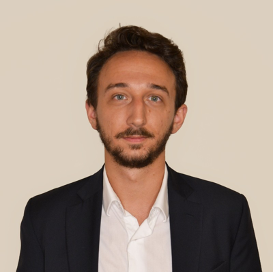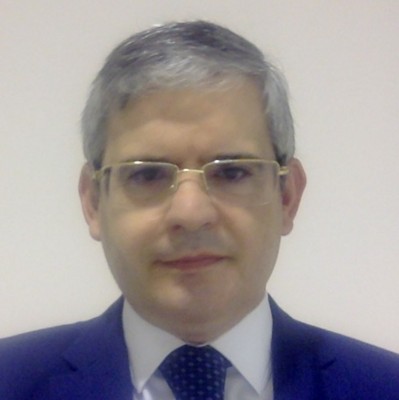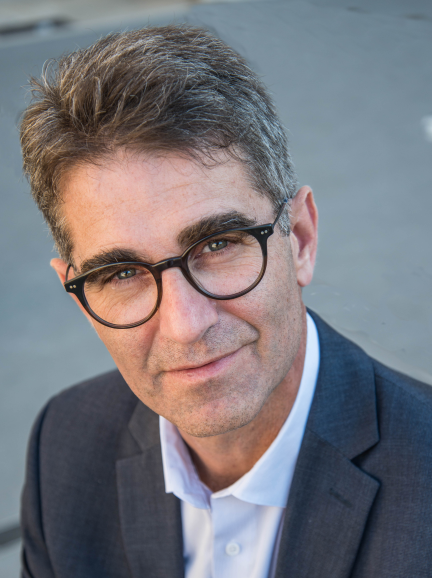Piercosma Bisconti Lucidi
With this fellowship, I am addressing the standardisation of AI systems, with particular focus on the standardisation request of the EU Commission in relation to the AI Act.

With this fellowship, I am addressing the standardisation of AI systems, with particular focus on the standardisation request of the EU Commission in relation to the AI Act.

In the proposed activity the gaps related to standards will be tackled within three working groups (WG) where I am contributing to: IEEE P1872.3, IEEE P1955 and IEEE P1872.1.1, related to multiple robots, reasoning, 6G for robotics and task representation and planning.

Standards for basic quantum infrastructures such as quantum information encryption in future quantum networks can support innovation in quantum technology and accelerate its uptake by European SMEs.

This fellowship helped to establish dominant European influence on the first standards for QPICs.

A significant challenge for European industrial plants is ensuring reliable connectivity and interoperability among wireless devices. RPL has been developed to specifically address these challenges.

Harmonised cybersecurity standards for AI systems need to be developed and adopted, as a matter of urgency, for the benefit of the European industry, including SMEs and startups, as well as European users and consumers.

By optimising design, production, deployment and operation of PV, AI can maximise energy generation, leading to increased renewable energy adoption, reducing reliance on fossil fuels.

My work supports AI trustworthiness characteristics such as robustness, human oversight, accuracy, cybersecurity, and transparency (all those are requirements from the AI Act).
